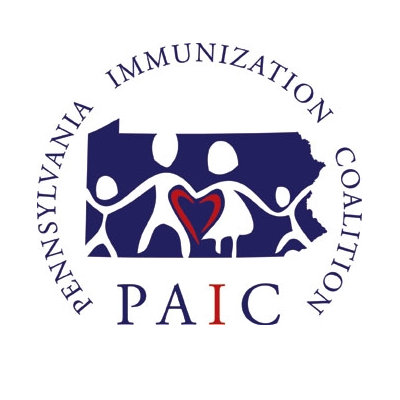Vaccine Rates Drop Dangerously as Parents Avoid Doctor’s Visits
By
As parents around the country cancel well-child checkups to avoid coronavirus exposure, public health experts fear they are inadvertently sowing the seeds of another health crisis. Immunizations are dropping at a dangerous rate, putting millions of children at risk for measles, whooping cough and other life-threatening illnesses.
“The last thing we want as the collateral damage of Covid-19 are outbreaks of vaccine-preventable diseases, which we will almost certainly see if there continues to be a drop in vaccine uptake,” said Dr. Sean T. O’Leary, a member of the American Academy of Pediatrics’ committee on infectious diseases.
In the last few years, early childhood immunization rates have been slipping in some hot spots around the country, and in 2019, the United States very nearly lost its measles elimination status. While current nationwide vaccine figures are not available, anecdotal evidence and subsets of data are alarming.
PCC, a pediatric electronic health records company, gathered vaccine information from 1,000 independent pediatricians nationwide. Using the week of February 16 as a pre-coronavirus baseline, PCC found that during the week of April 5, the administration of measles, mumps and rubella shots dropped by 50 percent; diphtheria and whooping cough shots by 42 percent; and HPV vaccines by 73 percent.
The doses that states distribute in a federally funded program for uninsured patients called Vaccines for Children have also dropped significantly since the beginning of March. The Massachusetts health department said its doses were down 68 percent in the first two weeks of April, compared with the previous year. Minnesota reported that its doses of measles, mumps and rubella vaccine dropped by 71 percent toward the end of March.
In Washington State, dozens of practices and clinics have had to reduce hours or even temporarily close. The state already had its biggest measles outbreak in nearly 30 years last year.
“We know our vaccine rates were already tenuous, so any additional hit to that is a great worry,” said Dr. Elizabeth Meade, president of the state’s chapter of the American Academy of Pediatrics. Dr. Meade leads calls twice a week with physicians throughout the state about how to maintain immunizations and stay solvent.
The problem is global. National immunization programs in more than two dozen countries have been suspended, which could also leave more than 100 million children vulnerable, a consortium of international organizations, including UNICEF and the World Health Organization, recently reported.
“Internationally, measles and diphtheria will pop up around the world. Even with limited travel, they can make it into the United States,” Dr. O’Leary, an immunization expert at Children’s Hospital in Denver, said.
Read the full article here.
